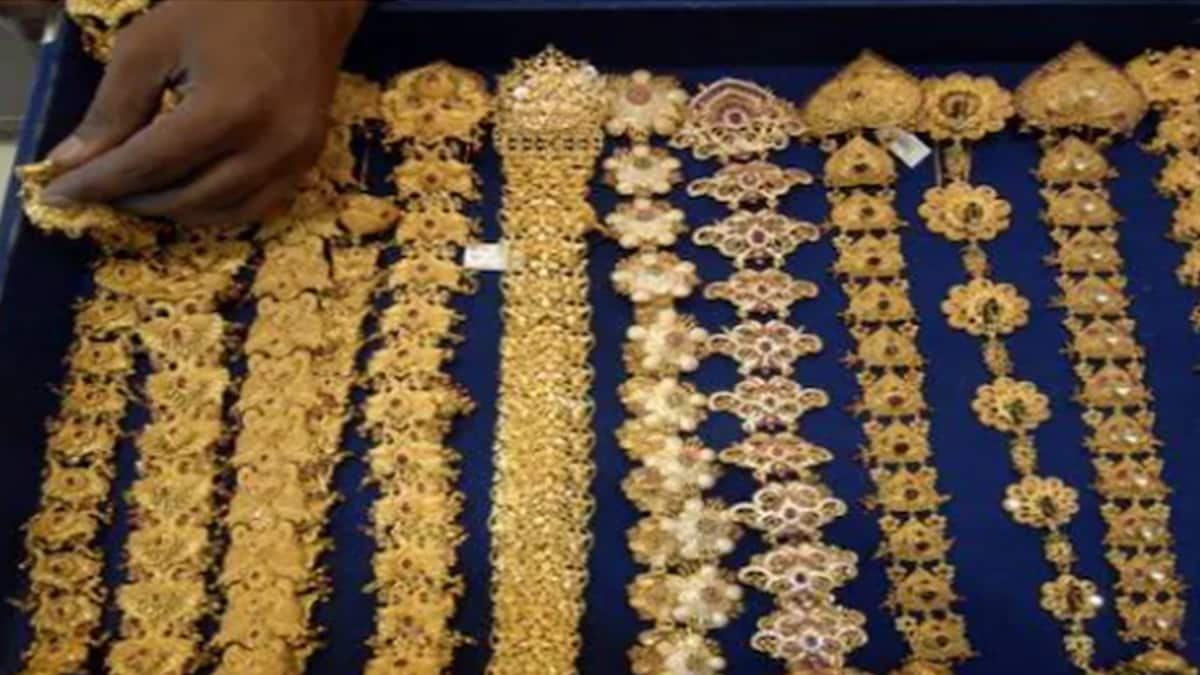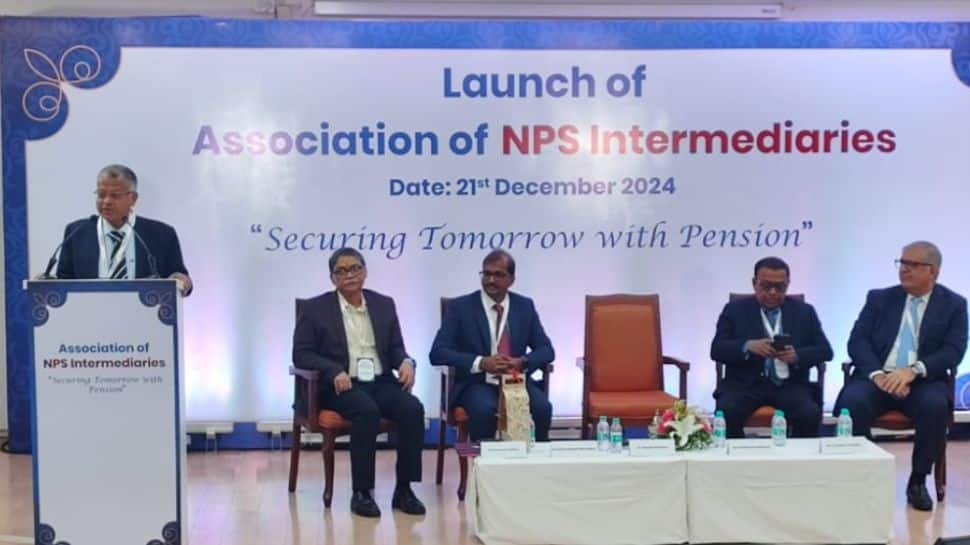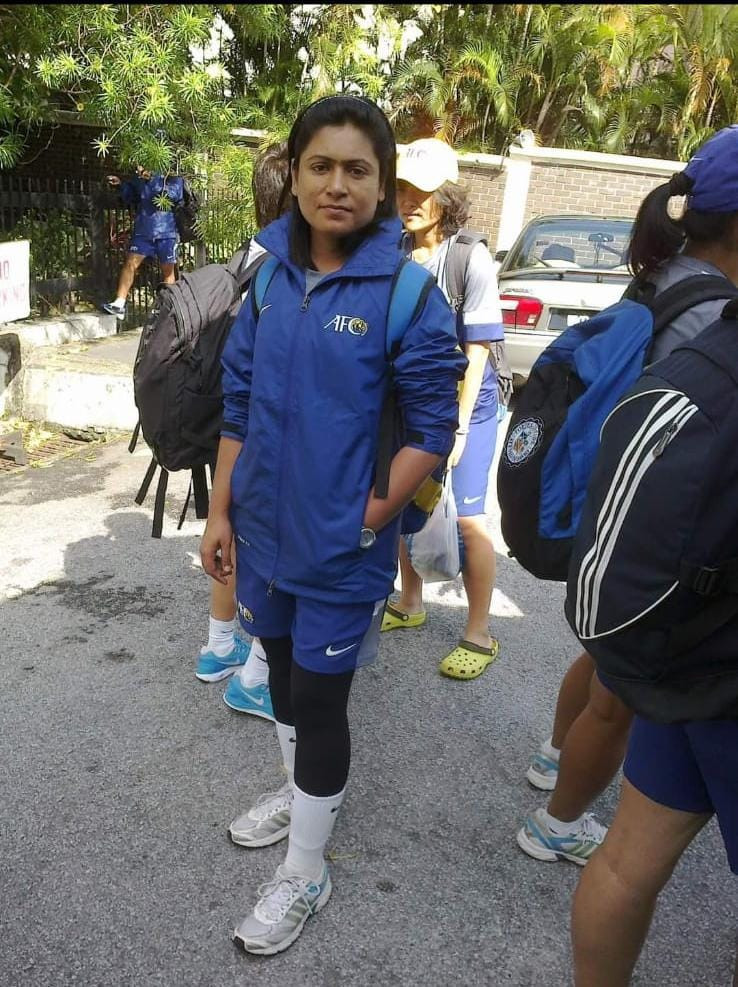KARACHI:
Irony is often cruel, but it is crueler if one is a woman trying to forge a career as a coach.
A case in point is that of qualified football coach Kiran Ilyas Ghouri, who overcame a lifetime of challenges just to get her License A from the Asian Football Confederation (AFC), only to be ignored repeatedly for the national team job.
What makes things worse is that the Pakistan Football Federation (PFF) Normalisation Committee (NC) is adamant about continuing with an under-qualified License B coach to run the show with the women’s national team.
“It hurts that I can’t coach the women’s team, it has been something I trained for so long and dreamt for so long,” said Ghouri who sounded exhausted yet resolute.
Given the circumstances, it was not surprising that Ghouri had faded into obscurity. It took this correspondent more than a year to trace her whereabouts.
Though one expected that better sense would prevail and she may still get a call when the Pakistan women’s team was reassembled after the latest of the two bans on PFF was lifted last year in June, it was not to be.
“I have enough dignity to never ask for validation for the skill I have. While the PFF failed to utilize the potential and talent that is present in our country, it only hurts to see that nothing has changed, except the faces,” said the former Punjab team captain.
A talented, determined person, Ghouri played some great football in her youth. Her picture with the trophy of the 2005 National Women’s Championship is a proud possession for her indeed.
“I know I will not go to the PFF NC to tell them who I am because, frankly, they should have records of male and female coaches or sufficient knowledge about us. Either they don’t know the talent that is available in the country, or they do not care. Both scenarios are just as bad for us.”
Ironically, despite the women team’s international debut in 2010, Pakistan has never hired a women’s head coach.
The scenario is quite bleak for women’s football. There have been two bans in the last six years and the women footballers still do not even have a semi-professional league which is so discouraging.
“I feel sad mostly because I can see that there is a systemic problem. There is a problem with the mindset.”
She said that when she is exchanging notes with fellow coaches from the other countries in the region, she can see that Pakistan women’s football is light years behind the rest of the countries like India and Bangladesh.
“Although I am happy that new talent is coming up on the national side, but I also see many seasoned talented players being ignored. Why are there inconsistencies when it comes to selection and not utilizing our star players who can still play? Are new players being groomed for the next five years or 10?,” asked Ghouri.
“I cannot see any plan really, so whatever pool of talent we have will also vanish because where will the girls go? The women’s game will be dead in Pakistan,” warned Ghouri with her tone dripping with sadness.
The qualified coach admitted that when FIFA appointed the NC she was hopeful that the old system would change after the 2021 ban was finally lifted in 2022 June, but she was disappointed to see a more superficial change than any long-term measures.
As one assesses the current situation, the biggest conundrum has been the appointment of Adeel Rizki, a UEFA License B coach.
The PFF NC chief Haroon Malik believes Rizki is the best bet for the national side as a coach, despite several players coming forward with their concerns and complaints of discrimination, toxic work environment, nepotism, verbal, and emotional abuse during the South Asian Football Federation Women’s Championship last year.
But unfortunately, Haroon has not done anything to resolve the issue and has stood behind Rizki despite the concerns raised by the players.
“I feel it would hurt me a little less that I was never even considered if I saw that there is restructuring for good, at the school level, college level, and university level, if they can’t have leagues then they should have football at the divisional level, have competitions for the talent to come out.
Making of Pakistan’s first female AFC License A coach
Kiran Ghouri comes from Old Lahore and is a spirited soul. She is also a very engaging conversationalist who bursts into her native Punjabi language when she feels more passionately about certain aspects of the game.
The journey from the girl riding a bicycle and facing opposition from her neighbours and relatives, to winning the 2005 National Women’s Football Championship, to becoming the first woman from Pakistan to get certification from the continental body has been a long one, but quite rewarding too at the same time.
“I loved playing football. I always thought I was stronger for a girl my age, when I used to play as a child outside. I would often play with boys because I thought they were more at par when it came to strength,” reminisced Ghouri gleefully while highlighting that playing sports was still a stigma even as recently as a decade ago.
“Playing football as a girl was hard. I had to put blinders on, metaphorically, like the ones that are used for racehorses, so that they don’t get distracted by all the taunts. Football was a ray of hope for me to change my life, to pursue my passion, and make a difference for the girls of my community,” said Ghouri whose name means a ray of light in Urdu.
“My neighbours and relatives used to say very hurtful things, they used to complain to my parents in strange ways implying wrong things that they saw me at this place or that place and usually my mother would tell them off by saying that she knows where I am training,” she recalled.
“That’s when I started playing for Punjab. We finally made the first women’s national championship as well and we won it. I captained the team and that was the greatest moment of my life till then.”
Ghouri said that the coaches and mentors saw leadership potential in her when she represented Wapda for four to five years after the 2005 National Women’s Championship.
While she continued to play football she also worked as a coach at a divisional public school. She would teach children different styles of football, help them bond, and make sure they gained self-confidence.
She feels that coaching was rewarding as she got to shape the young players and also loved holding tournaments at the junior level. “I thought someone had to take the initiative. We had no women coaches, and culturally we need women coaches to coach girls and to assure parents that their daughters are safe.”
Proudly narrating her journey as a coach, Ghouri said: “I went to participate in the AFC License C course in Sri Lanka, then I qualified for the AFC License B coaching course.
“I was the only one from the South Asian region, I completed that course with 26 other coaches. Before getting shortlisted there were courses after which they decided to choose the best ones, there were three coaches from India, a couple from Nepal, and Bangladesh too, but I qualified. I felt so good because it proved that I had what it takes,” said Ghouri.
She got her license A in 2015, and after that, she also started coaching in her academy, and at local clubs, besides working with Special Olympics of Pakistan since 2010.
Today Ghouri feels disheartened that despite all the struggle there is still no space for a female coach in the national side, even though FIFA has made it mandatory to have at least one female coach on the bench for the female national team.
“I am discouraged in many ways, but I want to see the change for the better, and after all being optimistic is the only way we can survive, or else football will die if we stop pushing for it,” concluded Ghouri.















































